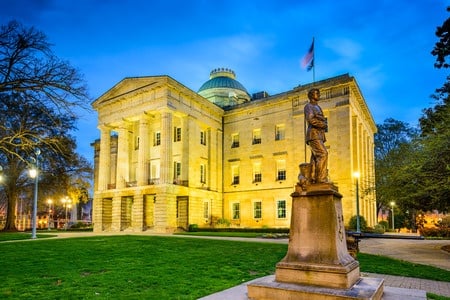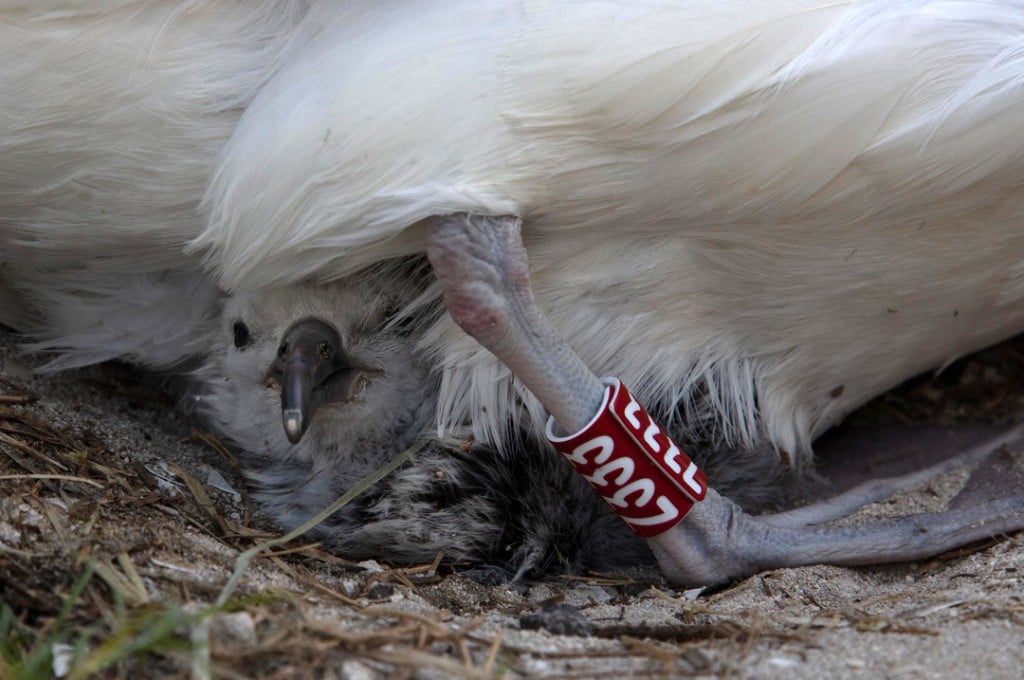Good News Headlines 11/20/2023
Less Snacking, More Satisfaction: Some Foods Boost Levels Of An Ozempic-Like Hormone
by Michaeleen Doucleff., NPR
For several months now, I’ve been studying how the new medications, Ozempic and Wegovy, cause dramatic weight loss. Both medications contain a compound, semaglutide, that squelches hunger like a fly swatter smashes a mosquito. People who take the medication say they no longer have constant cravings for food, so they eat less frequently. The drug seems to quiet what some people call “food noise,” the constant internal chatter telling them to eat. While reading study after study about Wevgovy and Ozempic, I learned that the drug mimics a hormone that our bodies naturally make when we’re eating food. It’s called GLP-1. This made me wonder: Could we increase levels of this hormone by changing our diet? Turns out, the answer is yes – you can increase your body’s production of GLP-1 with your diet, says Frank Duca, who studies metabolic diseases at the University of Arizona. One of the key foods that triggers its release is a food most Americans struggle to eat enough of, even though it comes with a cornucopia of health benefits. Yup, I’m talking about fiber.
Big Three Autoworkers Approve Contracts After UAW Strike
by Jessica Corbett, Common Dreams
As voting wrapped up on Friday, United Auto Workers members at Ford, General Motors, and Stellantis were all on track to approve contracts finalized during a six-week UAW strike demanding improved pay, benefits, and working conditions from the “Big Three.” The union’s online trackers had the ratification vote results as 68.2% to 31.8% at Ford, 54.7% to 45.3% at GM, and 69.6% to 30.4% at Stellantis as of press time. The UAW and companies have not yet commented on the results. The UAW launched its “Stand Up Strike” in mid-September, and increased walkouts at various U.S. locations throughout the talks. Rutgers University labor studies professor Rebecca Givan told The New York Times that the strategy “really upended a lot of conventional wisdom” in the labor movement and helped reverse some concessions the union had previously accepted, showing that “if workers build enough power, they can win things back.”
How France Brought Brown Bears Back To The Pyrenees
by Peter Yeung, Reasons to Be Cheerful
Dérousseau, a mountain guide for the local nonprofit Pays de l’Ours (French for “Bear Country”) is part of a multi-pronged effort spanning biological monitoring, political campaigning, infrastructure investment and community outreach that has successfully reintroduced the once-nearly-extinct brown bear back into the Pyrenees. At the beginning of the 20th century, around a hundred brown bears were living in the mountains of the French Pyrenees. They had long been a symbol of the region, representing strength and power and featuring on the insignias of local villages. But over the years, the population was decimated by hunting and habitat destruction, pushing them to the brink of extinction. Early efforts, including a ban on hunting in 1972 and the addition of legal protections through the Bern Convention in 1976, had little effect. By 1991, the last bear in the Central Pyrenees died, and four years later there were only five bears left across the whole mountain range, including only one female.
UC Berkeley Takes Significant Step To Repatriate 4,400 Native American Human Remains
by Mary Hudetz, ProPublica
The University of California, Berkeley, took a significant step this week toward repatriating nearly half of the 9,000 Native American remains it holds in its anthropology museum, saying they do not belong on its campus and should be returned to Indigenous people. A notice filed Tuesday in the Federal Register indicates UC Berkeley is committed to repatriating 4,440 ancestral remains and nearly 25,000 items — including jewelry, shells, beads and baskets — that were excavated from burial sites across the San Francisco Bay Area. The notice follows extensive consultations between the university and tribes, including those that claim the Bay Area as their ancestral lands but are not recognized by the federal government, the university said. One of the tribes, the Muwekma Ohlone, had for decades asked the school to relinquish ancestral remains, according to records reviewed by ProPublica. But Chairwoman Charlene Nijmeh said the tribe’s requests were repeatedly dismissed by UC Berkeley.
University Creates 2-Year Debt-Free College Degree To Help Underserved Students
by Andy Corbley, Good News Network
Butler University of Indianapolis has created a 2-year debt-free college to offer an associate’s degree aimed at helping prospective first-generation laureates get access to higher education. Graduates of the facility can then continue their path to a bachelor’s degree for a flat rate of $10,000, a quarter of the current normal tuition of $45,000. “We were founded in 1855 by an abolitionist,” President James Danko told CNN. “We were not living out our founder’s dream… that set in motion a lot of conversation and discussion about how you would deliver a degree? What would the type of student look like?” Butler University is a private liberal arts college in Indiana, and the new college and programs will be funded by endowments and donations, and accessible to students in low-income housing areas and those who would be the first in their family history to go to college.











